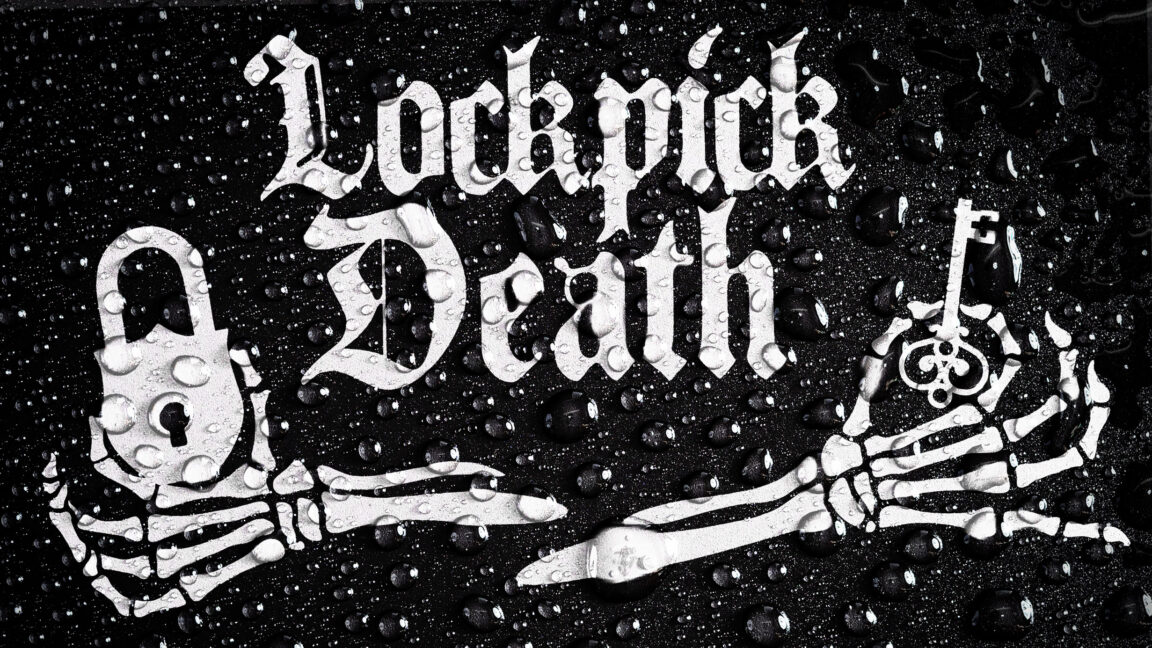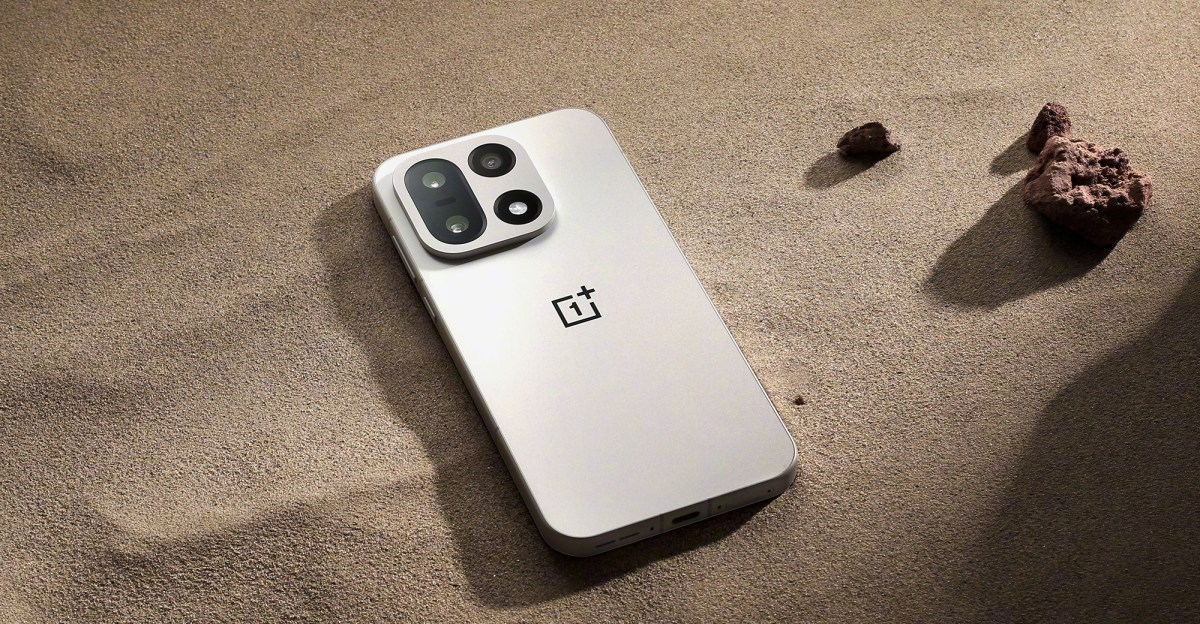
McNally’s lawyer laid into this seal request, pointing out that the company had shown no concern over these issues until it lost its bid for a preliminary injunction. Indeed, “Proven boasted to its social media followers about how it sued McNally and about how confident it was that it would prevail. Proven even encouraged people to search for the lawsuit.” Now, however, the company “suddenly discover[ed] a need for secrecy.”
The judge has not yet ruled on the request to seal.
Another way
The strange thing about the whole situation is that Proven actually knew how to respond constructively to the first McNally video. Its own response video opened with a bit of humor (the presenter drinks a can of Liquid Death), acknowledged the issue (“we’ve had a little bit of controversy in the last couple days”), and made clear that Proven could handle criticism (“we aren’t afraid of a little bit of feedback.”)
The video went on to show how their locks work and provided some context on shimming attacks and their likelihood of real-world use. It ended by showing how users concerned about shimming attacks could choose more expensive but more secure lock cores that should resist the technique.
Quick, professional, non-defensive—a great way to handle controversy.
But it was all blown apart by the company’s angry social media statements, which were unprofessional and defensive, and the litigation, which was spectacularly ill-conceived as a matter of both law and policy. In the end, the case became a classic example of the Streisand Effect, in which the attempt to censor information can instead call attention to it.
Judging from the number of times the lawsuit talks about 1) ridicule and 2) harassment, it seems like the case quickly became a personal one for Proven’s owner and employees, who felt either mocked or threatened. That’s understandable, but being mocked is not illegal and should never have led to a lawsuit or a copyright claim. As for online harassment, it remains a serious and unresolved issue, but launching a personal vendetta—and on pretty flimsy legal grounds—against McNally himself was patently unwise. (Doubly so given that McNally had a huge following and had already responded to DMCA takedowns by creating further videos on the subject; this wasn’t someone who would simply be intimidated by a lawsuit.)
In the end, Proven’s lawsuit likely cost the company serious time and cash—and generated little but bad publicity.
















Leave a Reply